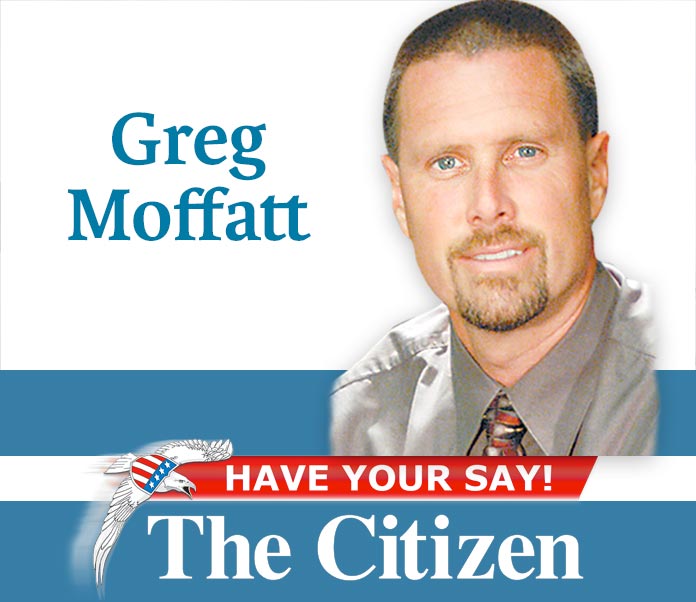I love the challenge of imagining what the future holds. I’m not talking about flying cars or living on Mars. Instead, I like thinking about how current events will shape us in ways we might not expect. So, thinking about our quarantined, socially distanced, mask-wearing existence, here are a few predictions.
First of all, higher education is changed forever. As a college professor, I will probably rarely ever spend class time on testing again. Scantrons are a thing of the past, and I’ll do most of my testing online.
I have also found ways to reorganize my class time to focus on bare necessities. Why make students come to class at 8 a.m. three days a week if I can provide ways for them to achieve the same outcomes at their own pace with less intrusion? My future classroom will look very different than it was a year ago.
But some things in education won’t change. While preschools, elementary, middle, and high schools have found ways to do distance learning, most of those old ways worked better and met the developmental and educational needs of students served by these schools. I predict that a grade school classroom in the coming years will look very much like it did in the past few decades. School buses aren’t going away.
Even so, some parents have been surprised to find that home-school education fits their life needs, but they didn’t realize before because they were never forced to try it. Home-school has been around for decades, but now the majority of the population has learned of the many ways to teach students at home with the advantages and freedom that brings. Some children (and parents) are not a good match for home-schooling, and there is no shame in that, but the future will see an increase in those choosing at-home educational systems.
Consequently, I think we will see a totally new “normal” for managing our days. The previously typical rush to get the kids up and off to school, then for parents to go leave for work before rushing home for dinner, sports, baths, and bed will be much less common. I expect a new normal with less chaos. Imagine families sleeping later and staying together more hours of the day. Doesn’t that sound fantastic?
Teleworking — something that was not very common a year ago — will become widely acceptable. Why should an employer heat, cool, and maintain thousands of square feet of office space when we have demonstrated that employees can cover that cost themselves by working from home? And employees benefit because they don’t have to drive, park, eat out, and spend time commuting. Everyone wins. So, my unprofessional financial advice is don’t invest in commercial office space.
Telehealth with your physician, counselor, and even your dentist will be the norm. Why drive somewhere and sit in a waiting room and cold office when you can wait at home in your own space? Time will be saved, and we will have less exposure to potential illness.
A redefinition of polite greetings will include the fist bump, elbow bump, or a polite nod which will replace the handshake or hug except in very personal greetings.
Our idea of the efficacy of masks and social distancing will moderate. Currently there is some question about the efficacy of masks, and there is absolutely zero data that demonstrates six feet of social distance is any more or less effective than five and a half feet or seven feet. But as times goes on, our current social rules for personal space will be forever changed to a wider margin. At the same time, a more reasonable and less knee-jerk system of when and where to wear masks is likely. And, yes, I predict masks are a part of our future.
Finally, innovation, innovation, innovation. I’m excited to think about all the possibilities that loom in our future. It wasn’t long ago when only business people knew anything about Zoom. Now almost everyone does, but there is very little competition.
New ways to “Zoom,” apps for distance learning, shopping, and working, websites, other resources will allow us to do things on our own schedule. (“Zoom” is a phrase that will become like Xerox. It is a brand so entrenched that I expect it will be the name for anything that does the same thing.)
The effect of most of the above will result in a lower carbon footprint. Excellent.
So, in spite of the inconvenience and frustrations of this virus, we will see a new world that in many ways will be a better one.
[Gregory K. Moffatt, Ph.D., is a college professor, published author, licensed counselor, certified professional counselor supervisor, newspaper columnist and public speaker. His website is gregmoffatt.com.]












Leave a Comment
You must be logged in to post a comment.